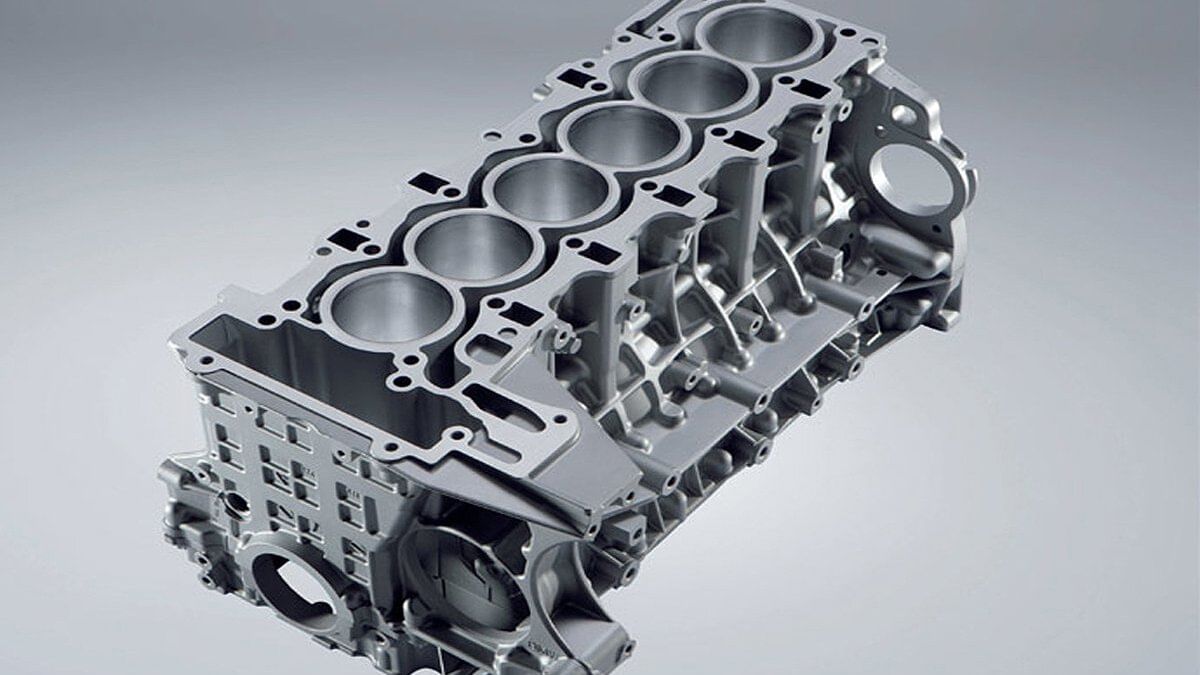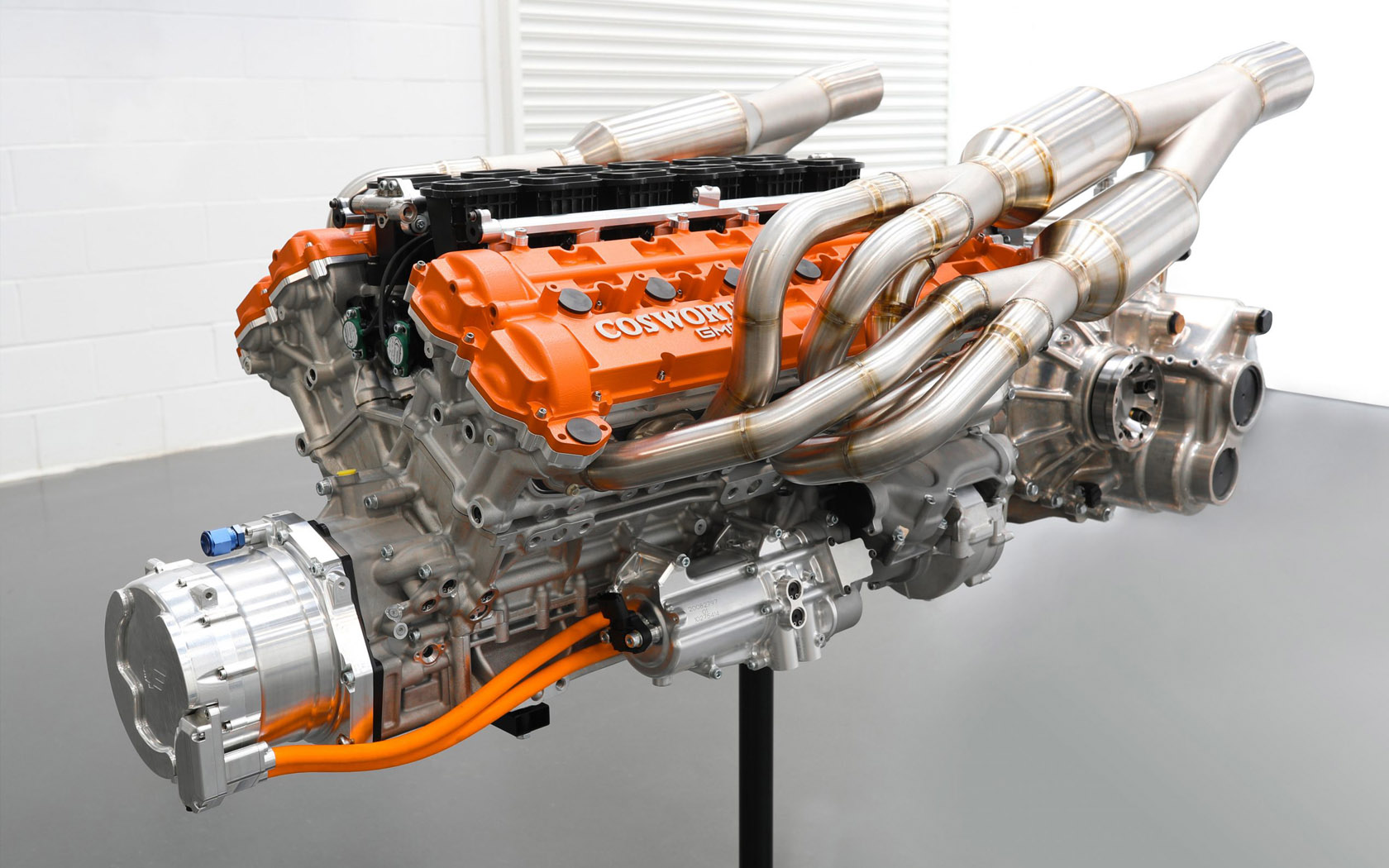Find Engines for Africa Quickly at Our Hassle-free Car Components Shop
Find Engines for Africa Quickly at Our Hassle-free Car Components Shop
Blog Article
The Impact of Cutting-edge Engine Technologies on Power Effectiveness and Environmental Sustainability
In the realm of transport and industrial equipment, the continual mission for boosted power efficiency and minimized ecological influence has led to substantial advancements in engine modern technologies. From the progressive shift towards electrical and hybrid systems to the combination of turbocharging for boosted efficiency, the landscape of engines is developing swiftly.
Development of Engine Technologies
The progression of engine innovations over the decades has been marked by continuous advancement and refinement in quest of improved performance and efficiency. From the very early days of inner burning engines to the advanced crossbreed and electrical powertrains of today, the evolution of engine technologies has been driven by a relentless pursuit for enhanced gas effectiveness and reduced discharges.
One considerable milestone in this evolution was the development of turbocharging and direct shot systems, which dramatically enhanced engine power output while enhancing fuel efficiency. These innovations permitted smaller sized, more lightweight engines that can provide the efficiency of larger ones without compromising on efficiency.
Furthermore, innovations in materials scientific research have caused the extensive adoption of light-weight products such as light weight aluminum and carbon fiber in engine construction. This has not just minimized overall vehicle weight but has additionally boosted engine performance by minimizing power losses related to inertia and rubbing.
Advantages of Electric and Crossbreed Systems
With the expanding concentrate on sustainability and energy efficiency, what advantages do hybrid and electrical systems provide in the world of engine modern technologies? Electric and hybrid systems present various benefits that add to a much more energy-efficient and sustainable future. One of the main benefits is the significant decrease in greenhouse gas discharges compared to typical internal burning engines. Electric cars produce zero tailpipe exhausts, bring about improved air top quality and reduced ecological influence. In addition, electrical and hybrid systems are much more energy-efficient, converting a greater percentage of stored power into propulsion contrasted to standard engines. This efficiency leads to reduced power intake and operating expense over the lorry's life time. Additionally, electrical cars provide regenerative braking systems that capture and store power typically lost during braking, even more enhancing energy efficiency. Hybrid systems incorporate the advantages of electric propulsion with the versatility of a burning engine, supplying prolonged driving ranges and reducing range stress and anxiety for customers transitioning to electric automobiles. Overall, hybrid and electric systems play a critical duty ahead of time power effectiveness and environmental sustainability in the transportation market.
Turbocharging for Improved Performance
Ingenious engine technologies like electric and hybrid systems have led the method for innovations in lorry performance, with turbocharging becoming a crucial method for improving total efficiency and sustainability. Turbocharging works by making use of a turbine to force more air right into the combustion chamber, enabling much better fuel burning and enhanced power output without a significant rise in engine size. This process, understood as forced induction, allows smaller, extra fuel-efficient engines to create power degrees equivalent to bigger ones. By making the most of the effectiveness of the burning process, turbocharged engines can achieve improved gas economy and minimized emissions, adding to environmental sustainability. In addition, turbocharging boosts engine responsiveness, giving motorists with a much more dynamic driving experience. The extensive fostering of turbocharged engines in both gasoline and diesel lorries shows their efficiency in balancing performance, performance, and ecological impact. As automotive manufacturers proceed to improve turbocharging modern technology, its duty in promoting energy efficiency and sustainability in the transport sector is anticipated see here now to grow further.
Harnessing Alternate Fuels
Utilizing alternate gas presents an encouraging avenue for lowering carbon discharges and expanding the power resources made use of in transport. As the world aims to fight climate adjustment and reduce dependence on nonrenewable fuel sources, different fuels have actually gained considerable interest for their potential environmental and economic advantages.
Biofuels, such as ethanol and biodiesel, are originated from renewable resources like corn, algae, and sugarcane, offering a cleaner burning option to conventional gasoline and diesel. These fuels can be blended with existing petroleum gas or made use of in dedicated engines, offering a pathway to reduced greenhouse gas exhausts and boost air high quality.
Moreover, hydrogen gas cells have actually become an encouraging technology for zero-emission transport. engines for africa. By transforming hydrogen gas right into power to power electrical motors, gas cell vehicles create only water vapor as a byproduct, removing damaging tailpipe emissions entirely
Along with lowering carbon emissions, alternative fuels can likewise improve energy security by expanding the fuel mix and reducing dependence on imported oil. Accepting alternative gas in transport is an essential action in the direction of attaining a much more environmentally friendly and sustainable future.

Ecological Advantages and Future Potential customers
The environmental advantages of alternate gas and their possibility for long-lasting sustainability are key considerations in the change towards cleaner energy resources. Alternate fuels, such as biofuels, hydrogen, and electrical energy, deal significant ecological advantages contrasted to conventional nonrenewable fuel sources. These gas generate reduced degrees of greenhouse gas discharges, decreasing air contamination and mitigating climate modification influences. Furthermore, alternate fuels can aid diversify power sources, improving energy protection and decreasing dependence on limited resources.
Improvements in technology proceed to enhance the performance and price of alternative fuel vehicles, making them a lot more available to consumers. By embracing alternate fuels and cutting-edge innovations, the path in the direction of a more sustainable future comes to be significantly possible.

Conclusion
In you can try these out conclusion, innovative engine innovations have actually played an important function in enhancing power effectiveness and advertising environmental sustainability. The development of engine modern technologies, adoption of hybrid and electric systems, use of turbocharging, and expedition of alternate fuels have all added to increasing and lowering discharges performance.
In the world of transportation and commercial equipment, the continuous mission for enhanced power effectiveness and reduced environmental influence has led to significant improvements in engine technologies. Turbocharging works by utilizing a turbine to force more air right into the combustion chamber, permitting for better gas burning and raised power output without a considerable rise in this post engine size. By maximizing the performance of the burning process, turbocharged engines can attain improved fuel economic climate and minimized emissions, adding to ecological sustainability. Different fuels, such as biofuels, hydrogen, and electrical energy, deal considerable ecological benefits contrasted to traditional fossil gas. The development of engine modern technologies, adoption of electrical and hybrid systems, application of turbocharging, and expedition of alternative gas have all contributed to decreasing exhausts and boosting efficiency.
Report this page